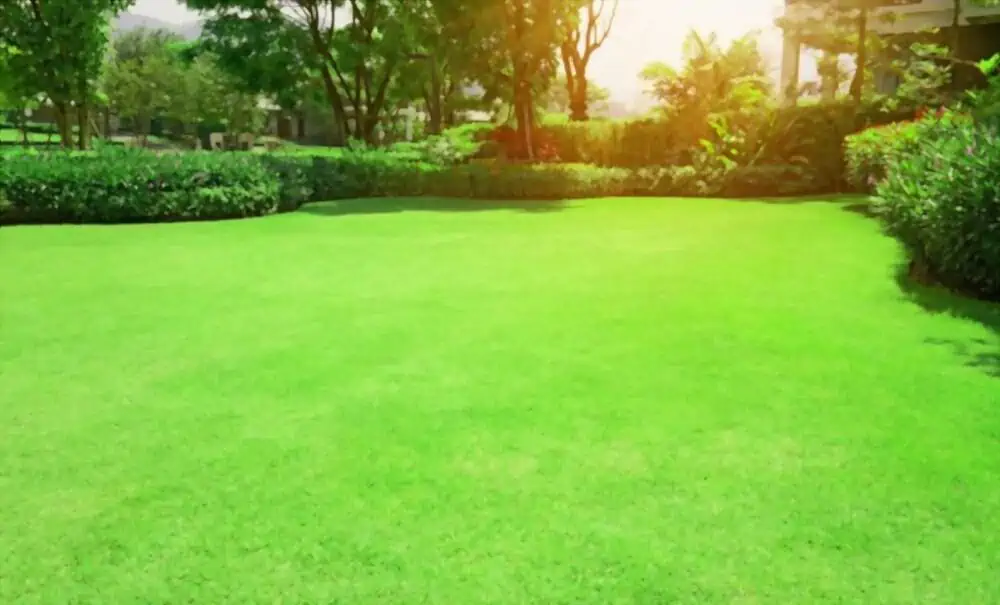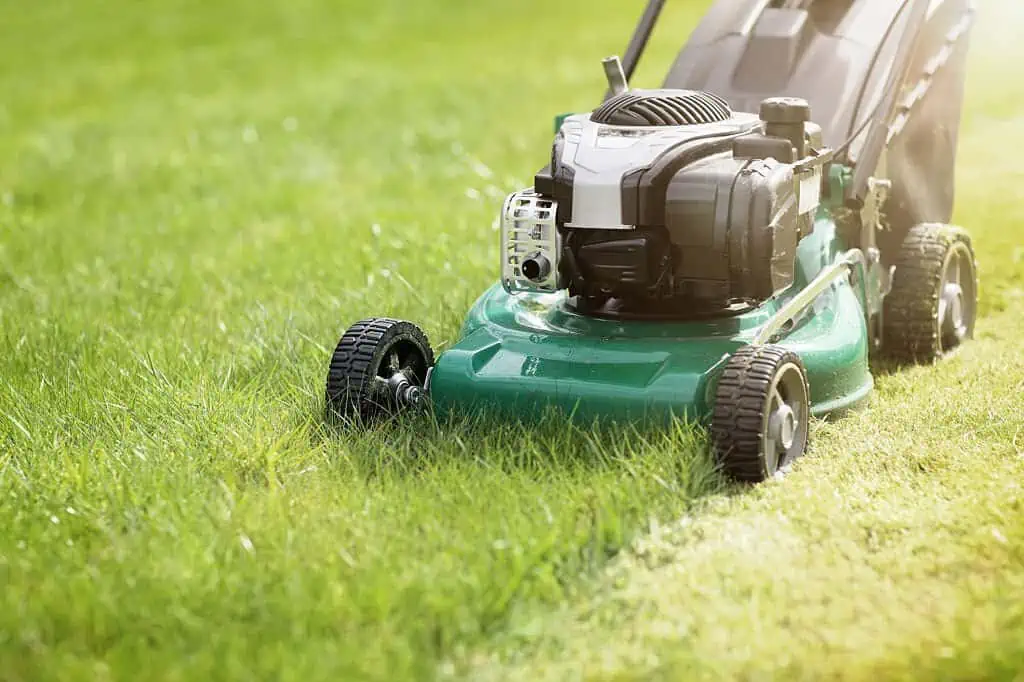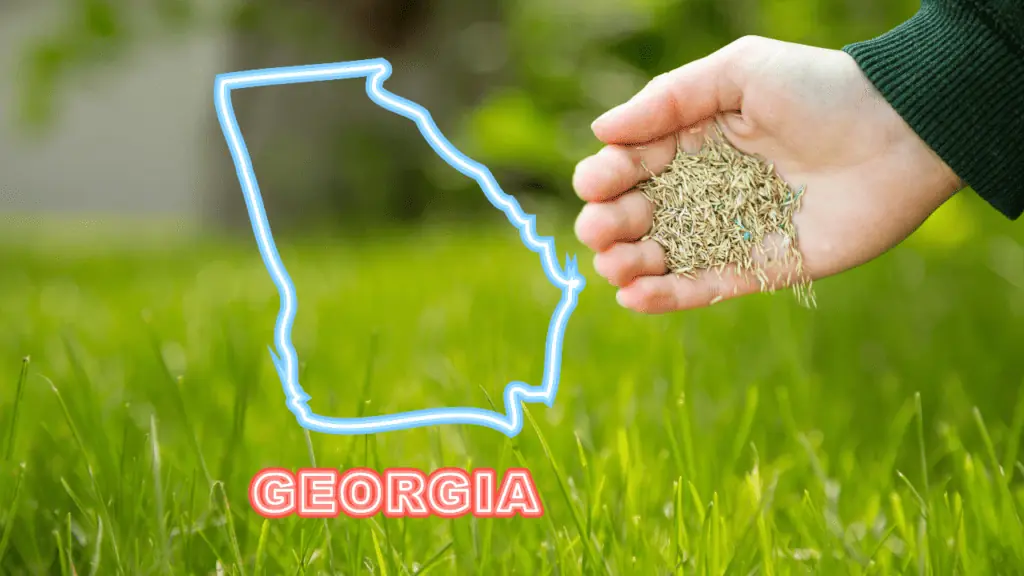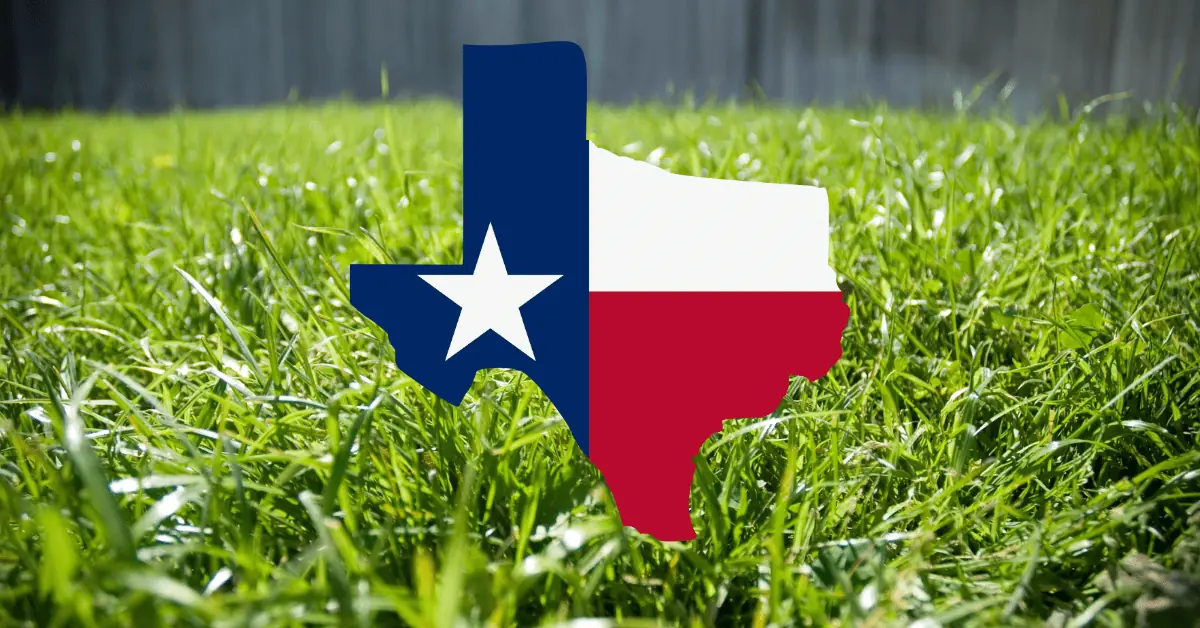Bermuda grass is one of the top plants in Georgia and the United States. It’s commonly called the king of lawns, which says a lot about its beauty and demand.
Bermuda grass has some comely features, such as a dense profile and a light-green color, much like a supportive, low-pile carpet. In Georgia, Bermuda is one of the most planted grasses, and when correctly maintained, it carries an impressive appearance.
During different seasons, Bermuda grass may take on different shades of color. So when should you plant this grass in Georgia? Read on to find out!
Best Time to Plant Bermuda in Georgia
The best time to plant Bermuda grass seeds or sod in Georgia is late spring and early summer. For sods and grass seeds, experts recommend waiting until temperatures reach 70 degrees or higher before planting. If the weather gets warm enough immediately after the last frost, lay your Bermuda Grass seeds a few weeks into spring.
However, if the frost remains, but outdoor temperatures are under 70 to 80 degrees, wait two months before planting Bermuda seed in Georgia. Georgia’s final frost is often in March, leaving May or June as the best months for gardening.
Overseeding Bermuda in Georgia should be done around spring by early May. Mix the grass seeds with play sand in a ratio of 1:5 before sowing them. Also, give the old grass a growth inhibitor before overseeding.
If you can, cutting your lawn to ¼ inch is best to minimize competition. Keep the top 0.5 inches of the soil wet until the new turf grows to about 1.5 inches in height.
Growing grass in the fall seems inviting. However, doing so is not a good idea because Bermuda grass is a warm-season plant. Additionally, when outdoor temperatures drop to 55℉ or lower, Bermuda roots will not grow. The roots will die instead, making a mockery of your efforts.
What Happens in the Fall?

The fall is an exciting time for many plants because few make it through this time. Generally, planting Bermuda in August or September almost always means sure death for the grass as winter begins. For this reason, you should plant the grass by July at the latest. Even then, there’s a potential for drought, so you must adequately water your grass.
If you insist on planting in the fall, use 24-inch-long tops or stolons with at least six nodes. Stolons are grassroots from the seeds that appear above ground, and you can disk them into the soil from June to August.
Further, you might grow sprigs rather than seeds, stolons, or sod. You can get the sprigs from your current grass or buy the rhizomes yourself.
If you opt for grassroots, remove the roots in late winter before plant dormancy ends around late January to March. Follow up by putting the roots in the ground within 24 hours, then cover them with two inches of soil.
Best Bermuda Grass Varieties to Plant in Georgia
Bermuda grass comes in non-hybrid and hybrid varieties. The Hybrid variety typically produces higher yields but is propagated from sprigs and stolons rather than seeds.
If you grow Bermuda seeds, there are high-quality cultivars you can also choose from. Here are some Bermuda varieties that have become mainstays in Georgia.
- Russell: The Russell variety is a hybrid grass ideal for grazing. While it equals the Tifton 85 in yields, it does not have the same resistance to drought. However, it has good resistance to the cold and is suitable for all of Georgia.
- Tifton 85: The Tifton 85 is taller than most hybrids like it. Also, it’s best planted in the Coastal Plain or Georgia’s southern 2/3rds due to its moderate cold tolerance—one of the few you can afford to plant late.
- Tifton 44: As a hybrid, the Tifton 44 comes thicker than Coastal Bermuda Grass. It also grows better from sprigs than clippings or stolons. The best area to plant this variety is northern locations, but it takes a long time to establish.
- Coastal: The Coastal hybrid variety is excellent for the Coastal Plain and Lower Piedmont. It has tall and drought-resistant features but is not very cold-resistant.
- Cheyenne & Cheyenne II: These are seeded cultivars great for foraging, much like the Coastal variety above. The Cheyenne & Cheyenne II are the most reliable seeded Bermuda in Georgia.
- CD90160: This variety is seeded and available in many blends. For the most part, it performs similarly to the Cheyenne, such as having adequate resistance to cold. Also, it is excellent for grazing.
- KF-194: The KF-194 has the same qualities as CD90160 because it has many seeded blends. Its qualities include suitable performance in the cold and good foliage for grazing.
How to Plant Bermuda Grass Seed
Getting the process right is essential when you’re ready to plant Bermuda grass seed in Georgia. Follow these points to guide you:
- The seeds must have a thin soil covering to germinate properly.
- It’s best to take down the area you want to seed.
- When placing the seeds, ensure each is lightly covered with soil so they’re about ¼ of an inch deep.
- Once seeded, gently take over the area to promote better soil contact.
- Bermuda grass requires little water, but fresh seeds need daily watering until full establishment.
The establishment rate is slow, but Bermuda grass has an aggressive spreading habit. This means it will creep, so regular edging, hand-rouging, or herbicide application may be necessary.
Caring for your Bermuda Lawn
Thus far, you know the best time to plant Bermuda grass in Georgia and how to plant it. Here are some tips for caring for this lovely grass.
Watering

- It’s best to water the top inch of the ground before laying Bermuda sod and irrigate once a day after that.
- Give the sod 0.5 inches of moisture daily, and ensure the ground’s top four inches stay damp.
- If growing Bermuda from seed, apply 3/8 or 1/2 inches of water a day after planting. Do not pour this entire amount at once, but water it three or four times throughout the day.
- After the seed has germinated (five to fourteen days post-seeding), double the amount of moisture for each wagering but keep the total inch of moisture the same. Conversely, water the soil two times daily instead of four.
- Established grass requires less maintenance and about an inch of water per week.
- For sprigs, daily irrigation for the first week or first ten days is pivotal. Maintain the moisture but do not leave the soil soggy to avoid killing the roots. Also, wait until one or two inches of growth before reducing irrigation.
Mowing and Other Requirements

- Keep the grass at a height of not more than two inches. You can trim the shoots weekly or once every two weeks.
- During Bermuda’s dormancy, do not mow the lawn, and remove no more than 30 percent of the grass at once.
- Give your lawn total sun exposure.
- Aerate the lawn annually during the grass’s growing season to ensure nutrients, air, and water can reach the roots.
- Before fertilizing the grass, conduct a soil test and adhere to its recommendations. Usually, nitrogen, phosphorus, calcium, potassium, sulfur, and magnesium are the most crucial components for soil fertility.
Finding the Right Seed
Bermuda grass is one of Georgia’s favorite blends, thanks to minimal water requirements and the ability to endure plenty of sun and traffic. Generally, it takes extra time to germinate, but the result is well worth the wait.
If you’re looking for the best seeds to establish a turf, make sure it has the right, high-quality blend. Also, you might need several combinations to get your lawn growing. The seeds are always available and should be planted in the right season.
Conclusion
Bermuda grass is a top choice for many homeowners. The hybrid seeds, in particular, provide the lowest growing, dark green turf grass surface. Their appearance and quality make hybrids the choice of premier golf courses and professional athletic fields.
Knowing the ideal time to plant Bermuda grass seeds in Georgia is essential to achieve a dense, tight-looking turf. The ideal time is late spring and early summer. Also, it’s best to plant in the sun, with temperatures reaching 70 degrees or higher before planting.
Now that you know this, you can plant and nurture your Bermuda to full growth. Use the tips here to care for it adequately, and you’ll always have turf you can showcase.






